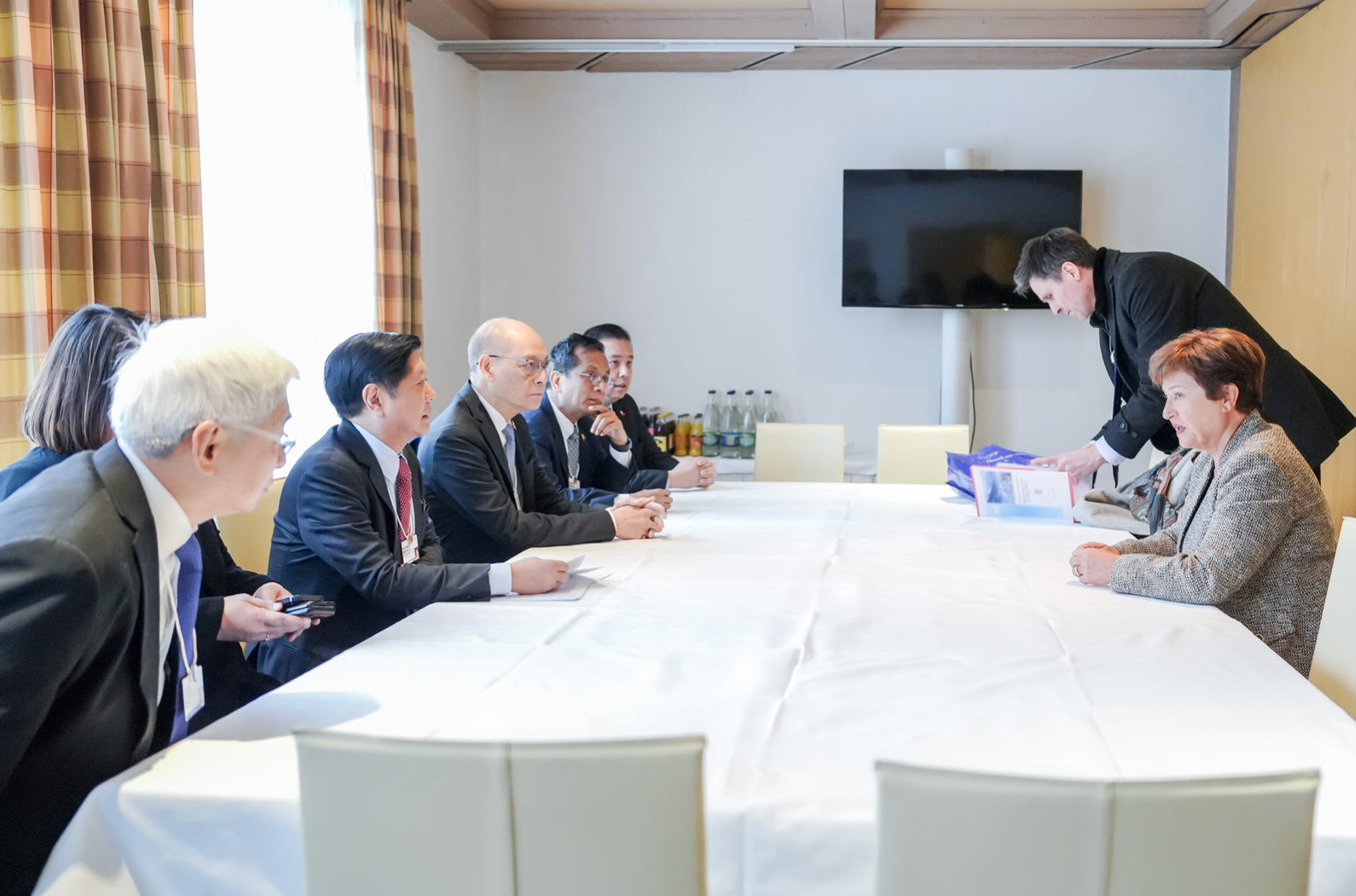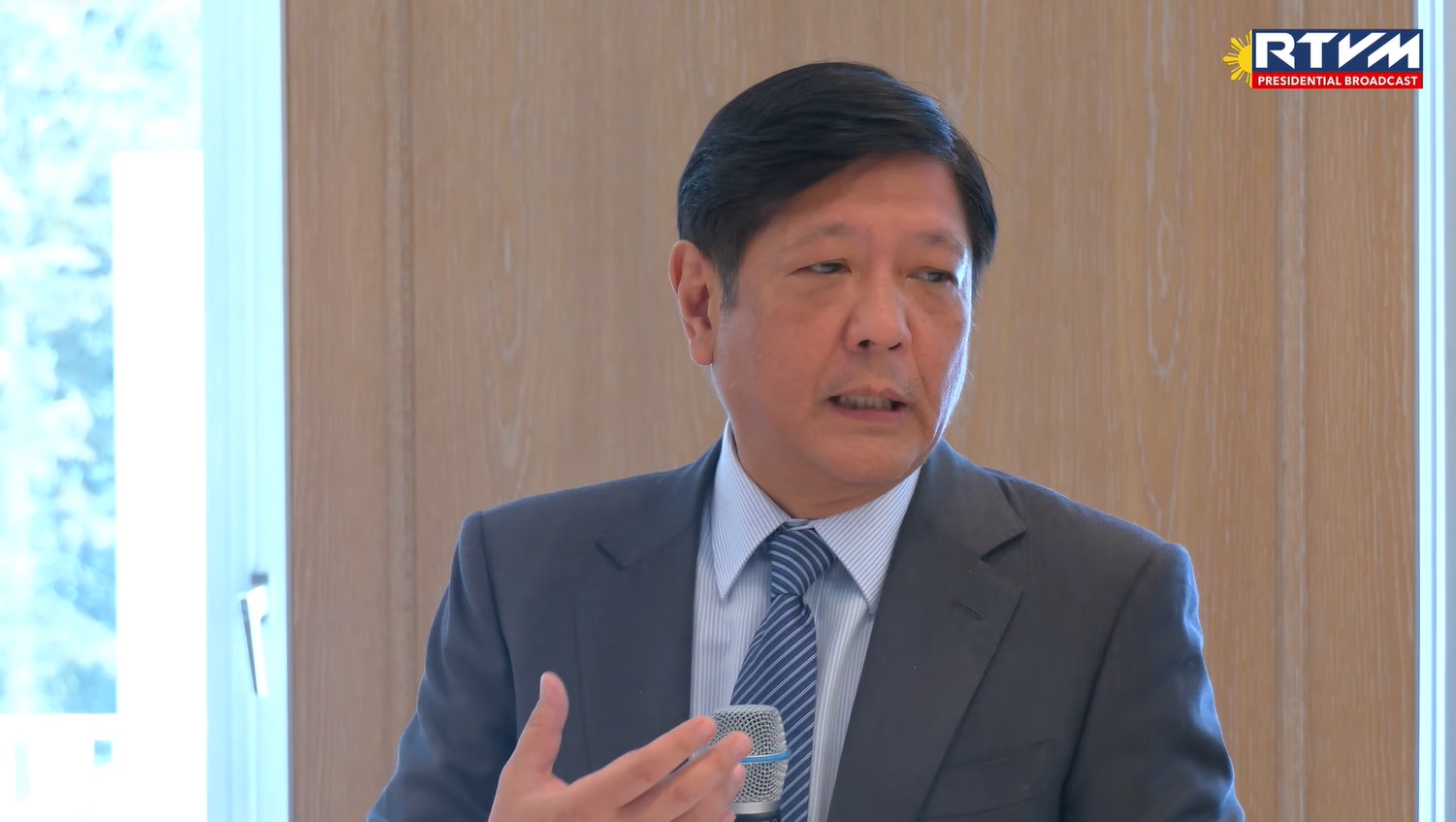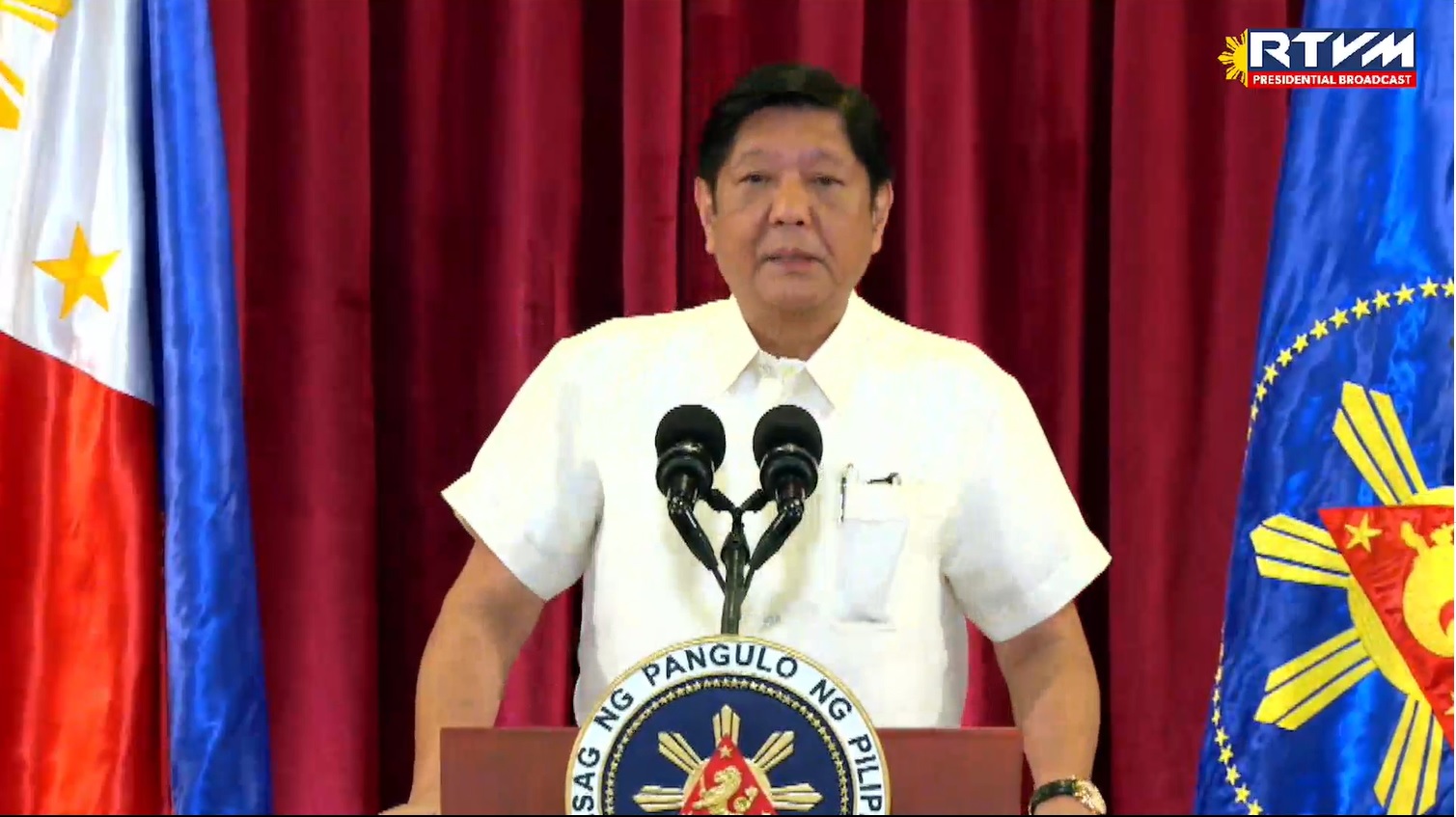Thank you very much for your introduction.
I’m pleased to be joining you this morning and as we acknowledge the distinguished panel experts, academics, executives, and officials who will be hearing from during the discussion period.
It is quite apropos that we hold this gathering prior to taking our mid-day meal for the day. For us in the Philippines, an essential and perennial component of a meal is one served with rice. Filipinos join over half of the global population where rice is an essential grain - the veritable staff of life. We simply cannot get enough rice.
It was not too long ago – just over seventy years, when the Philippines embarked on an experiment to fortify rice with thiamine and other nutrients.
This experiment helped solved the severe problem that was existing in our country then of beri-beri, which was a leading cause of death at the time.
It’s now considered as a model for Public Health Nutrition and for rice enrichment programs in other countries.
Beyond rice, we created the National Nutrition Council 48 years ago to supervise, coordinate, and evaluate the national nutrition program for all public and private agencies.
Food security remains at the forefront of our national agenda. Anchored on our vision for a prosperous, resilient, and secure Philippines by the year 2040, the [overarching] goals of this administration that are to build an inclusive society when no one is hungry, where Filipinos live long and healthy lives, and where they are provided with an environment built upon trust and security, and where they can be innovative and remain smart and responsive to the problems of the day. Underscoring all these lofty goals is ensuring that each and every one is provided with quality and ample nutrition.
In a 2021 Global Food Security Index, the Philippines ranked a modest 64th out of 113 countries in four dimensions of food security metrics. We have made significant gains in the past few years, but more certainly needs to be done if we are to attain Sustainable Development Goal 2 on Zero Hunger.
It bears emphasizing that the challenge of nutrition is different for you and for me, from your economy to mine, from us here, to the people back home. Among our priority interventions are those geared towards making food available, affordable, accessible amid the looming global food and energy shortage. Government spending will focus on productivity-enhancing interventions for the agricultural sector, research and development is going to be a very important component for this as --- with the advent as has been mentioned, with the advent of the climate change issues, the impact on climate change has to be part of that discussion.
Government spending will focus on the agricultural sector but also it will – in the distribution sector for --- as all governments we buy a lot of food to provide for our schools, there’s a feeding program for children, to provide for, especially during the pandemic for assistance to those who are in trouble.
And we have learned during our sessions here
that systems based and data-driven cooperation is key to achieving security, and the challenge we face in nutrition is no exception.
So let me offer a few ideas:
· We must, first of all, boost productivity in agriculture and fisheries, including through climate-resilient technologies, and promote production even in non-agricultural areas such as urban and vertical farming, and community gardening for subsistence supply. The food from the toil of our own hands is the food that will most nourish our bodies.
· We must invest in facilities, logistics, and systems that bring the nutritious food to our people, much like a grander scale of farm-to-table, and increase the capacity of our institutions to enforce regulations that enhance food quality. We must also cooperate to develop technologies that increase the nutritional value of our food and content and prolong their shelf life, which are sometimes contrary goals and again we count on the research and development that will be undertaken and the new technologies that will be discovered for us to be able to bridge that gap.
· Let us incentivize a nutritious lifestyle, promote active and health-seeking behaviors across different ages and income levels, and create an ecosystem based on the concept of green and circular economy.
We are looking to working with the WEF and various stakeholders on a holistic and integrated plan covering both food security and nutrition security.
The work of the WEF’s New Frontiers of Nutrition, a vital component of the equally vital Future of Consumption Platform, is commendable in this regard in providing us all with the first big leap towards nutrition security through a common paradigm on the purpose of nutrition and the future of food, and developing principles and indicators to sustain our efforts, while aiming to create economic value for nutrition.
Friends and partners, I look forward to productive and insightful outcomes from this discussion today. I am confident we will be able arouse high-impact, actionable, and collective ideas to steer us all forward on our common goal of nutrition security, not only in health and food, but especially in the quality of that food.
I wish you all a nutritious lunch, but not to be had before an enjoyable and productive panel session.
Thank you and good morning. [applause]
- END -
Watch here: Panel Session on Moving Towards Nutrition Security
Location: Davos, Switzerland




